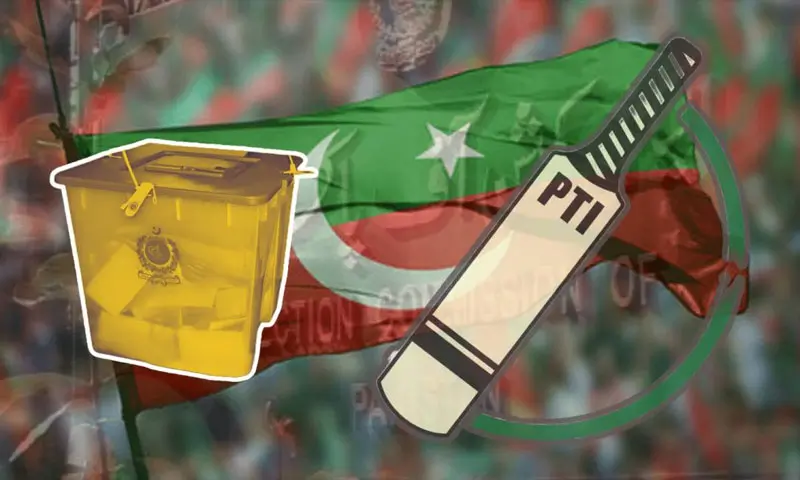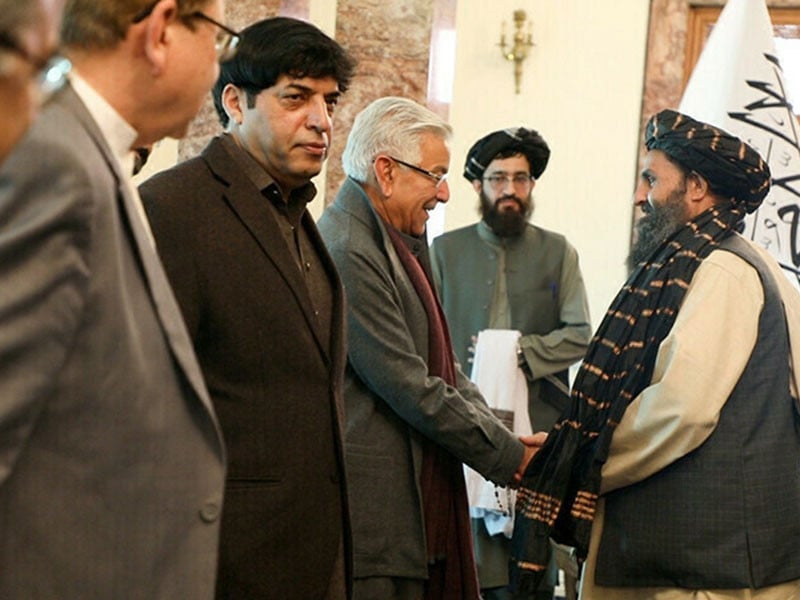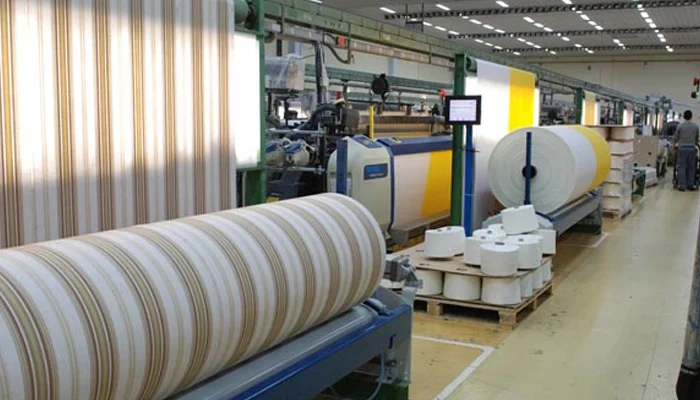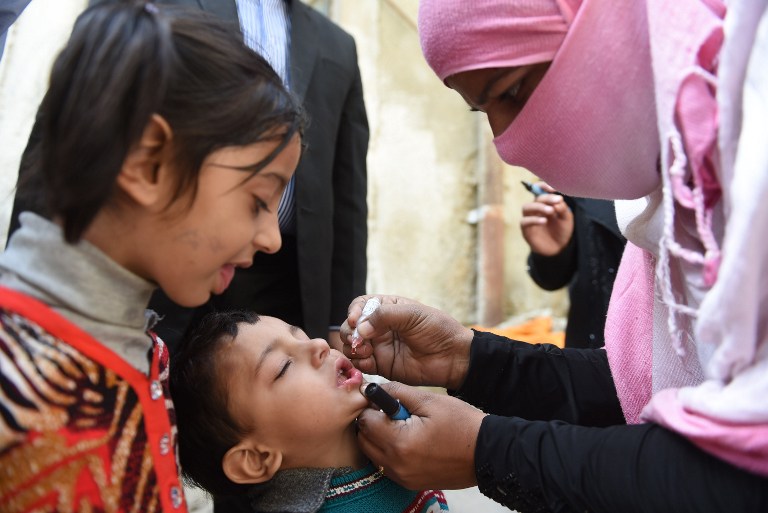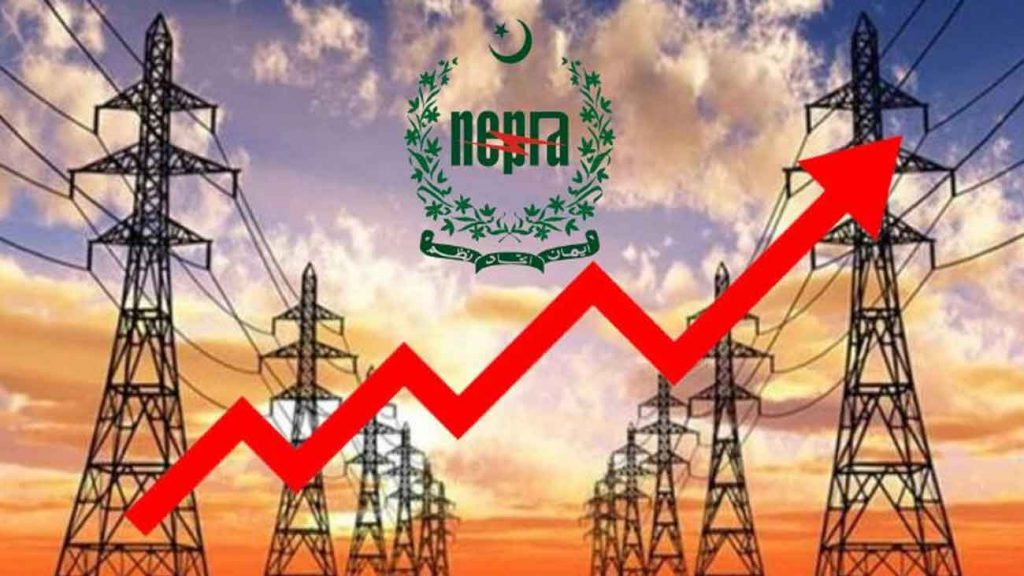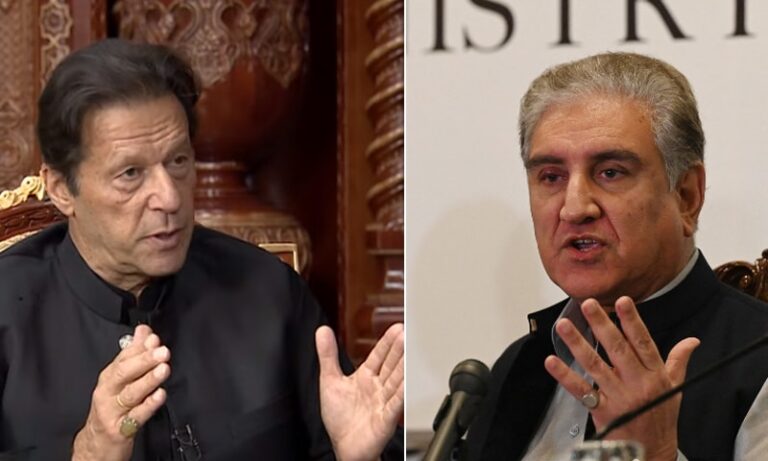On Wednesday, January 10th, a Supreme Court bench led by Chief Justice Qazi Faez Isa will tackle a critical case concerning the political party Pakistan Tehreek-e-Insaf (PTI). The PTI is seeking both the restoration of its iconic “bat” electoral symbol and the validation of its internal elections held in June 2022. This case carries significant weight for the party’s future in the upcoming 2024 elections.
The PTI’s plea originates from a decision by the Peshawar High Court. In December 2023, the High Court restored the PTI’s symbol after the Election Commission of Pakistan (ECP) revoked it due to alleged discrepancies in the party’s internal elections. However, the ECP successfully appealed this decision in an intra-court appeal, leading the case to the Supreme Court.
The PTI contends that the ECP’s decision caused irreparable harm by disrupting its ability to field candidates for the elections. They argue that the High Court order was valid and based on sound legal principles. Additionally, the PTI claims discrimination by the ECP compared to other political parties, emphasizing the lack of scrutiny towards other internal elections.
Furthermore, the PTI disputes the ECP’s authority to interfere in its internal affairs. They argue that the ECP’s role is limited to record-keeping, and they hold the power to conduct and validate their own internal elections as long as they comply with their own constitution and the Elections Act.
The ECP maintains that the PTI’s internal elections were not transparent and violated the party’s constitution. They also claim that the PTI took several “u-turns” in its documents, raising questions about the legitimacy of the process. In their view, the PTI did not fulfil its obligations to conduct fair and transparent internal elections, justifying the ECP’s intervention.
The ECP further stresses its constitutional authority to regulate and conduct free and fair elections. They argue that revoking the PTI’s symbol was necessary to uphold the integrity of the electoral process.
The recent Peshawar High Court hearing saw tense moments between the judges and the PTI lawyers who arrived late. Despite this, both sides presented their arguments in detail, highlighting the gravity of the situation.
Now, the Supreme Court’s decision hangs in the balance. Their ruling will determine the fate of the PTI’s electoral symbol and potentially influence the party’s performance in the upcoming elections. This case carries national significance, as it concerns the principles of political party autonomy, fairness in elections, and the ECP’s regulatory powers.
The Supreme Court’s decision will have far-reaching consequences. If the PTI’s plea is upheld, they regain their symbol and legitimacy as a valid political force. Alternatively, if the Supreme Court sides with the ECP, the PTI faces the challenge of contesting the elections without their traditional symbol, potentially impacting their voter base and political standing.
This case serves as a crucial test for Pakistan’s political and legal system, and its outcome will be closely watched by both the PTI supporters and the broader Pakistani public.
Please, subscribe to the YouTube channel of republicpolicy.com



































